‘Do not call Malays conservative because of who they voted for’
LABELLING Malays based on who they vote for will only end up dividing and hurting them, say analysts as well as politicians from all coalitions.
They also say that “a Malay is just a Malay” and should be free to vote for whomever they please in a democracy without the fear of being labelled.
Malays comprise 60% of Malay-sia’s population so, naturally, their vote was much sought after during the recent elections in six peninsular states.
On Aug 11, a day before polling day, think tank Ilham Centre stated that in the 15th General Election (GE15) in November, Perikatan Nasional won 52% of the Malay votes, followed by Barisan Nasional with 32% and Pakatan Harapan with 15%. On Aug 12, due to the fact that the Malays who voted in the Perikatan state governments did so in less economically developed states, they were called “conservative” by some political groups.
The Malay belt
The Malays in these states – Kedah, Kelantan and Terengganu – are also regarded as conservative because they are largely from rural areas and are deemed to be more religious and ethnocentric. This perception is particularly underscored by the states’ Islamist policies with strict morality enforcement and bans on betting chains.
The three states also have mentris besar from Islamist party PAS, which is headed by Muslim clerics and whose members tend to be traditionalists when it comes to adhering to the religion.
The perception is that those in the nation’s Malay belt are conservative Malays as opposed to the more educated, more urbanised and perceptually more “liberalised” Malays of Negri Sembilan, Penang and Selangor, which are under unity government rule.
Although Umno lost the Malay votes to Perikatan, Umno Youth Chief Datuk Dr Akmal Saleh does not agree with labelling Malays who voted for the Opposition.
“I don’t agree with labels that tend to class Malays as conservative and non-conservative just because of who they voted for.
“There are several factors that influence people’s votes,” says Dr Akmal, who is also the state assemblyman for Merlimau in Melaka.
Datuk Dr Mohammad Agus Yusoff, director-general of the unity government’s Community Communications Department, which comes under the purview of Prime Minister Datuk Seri Anwar Ibrahim, believes that it is not right to regard Malays who voted for Perikatan as conservative and those who voted for Pakatan and Barisan as liberal.
Instead, he says that there are those who voted for the Oppo-sition because they were taken in by the misinformation spread by party leaders who allege that the ruling parties of Pakatan and Barisan are not doing enough for the Malays.
“I would not regard the Malays who voted for Perikatan as conservative. There is nothing conservative about the Malays if their views and opinions are right.
“The only conservative thing about them is that they stick to the traditions and rules of religion – that kind of conservatism is acceptable.
“However, the Malays who gave their support to Perikatan in the past few elections [forming the so called “green wave”] are Malays who have misunderstood the alleged ‘threats’ to the Malays.
“Due to indoctrination or misinformation, they think that if they support any party other than Perikatan, the Malays are threatened.
“There is yet to be proof that their own leaders have pushed to bring Malays forward. The RUU355 which PAS brought forward went nowhere,” says Mohammad Agus, whose role is to communicate what Anwar’s government has done to the masses.
Previously, PAS had attempted to table the RUU355 Bill to seek harsher punishments for syariah offences and ultimately pave the way to implement Quranic laws in Malaysia, removing the barriers to enacting the Islamic criminal code of hudud.
The Bill has since been re-presented as a resolution to strengthen the Syariah Court.
Since then, every Malay-majority party which has been sworn into Putrajaya has dangled the Bill to garner Malay-Muslim votes during elections.
On the other side of the fence, PAS youth chief Ahmad Fadhli Shaari says voters should not be labelled as conservative just because they voted in state governments in lesser-developed states.
“The ones who voted for Perikatan are Malays who realised that the current government has a problem in looking after the rights of the Malays.
“The government keeps reiterating that it will uphold the rights of the majority race but those who voted for Perikatan did so because they did not see the government walking the talk on their commitment to Malay rights.
“The ones who voted for Perikatan are those who are educated and forward-looking. For example, the economic cake should be divided according to the population of 70% Malays and 30% non- Malays. The government needs to ensure that the economic cake is cut in accordance to race“There seems to be a confidence crisis between the Malays who voted for Perikatan and the government of the day,” says Ahmad Fadhli, who is also the member of Parliament for Pasir Mas, Kelantan.
The Perikatan Youth Wing National Information chief further adds, “Continuously labelling Malays as conservative, akin to regressed people, would divide the Malays in the long run as the labels would break them up.”
This is a democracy and the people should be allowed to vote for who they want without the fear of being labelled in any way, he stresses.
“A Malay is just a Malay, no matter who they voted for,” says Ahmad Fadhli.
Political or cultural?
His Perikatan counterpart from Parti Pribumi Bersatu Malaysia, Youth Chief Wan Ahmad Fahysal Wan Ahmad Kamal, says just because the Malays who voted for Perikatan are traditionalists in religion and ethnocentric, the word conservative is not rightly used as it has a connotation of “being backward”.
“What the other side is labelling as ‘conservative’ are those Malays who understand and adhere closely to Malay Islamic tradition.
“Their worldview is informed and guided by Muslim scholars and adat [local custom].
“The so-called liberal Malays are those who have detached themselves from such traditions and adat. They’re mostly aping Western culture and traditions slavishly and look down on Malay and Islamic injunctions as akin to anti-modernism,” says Wan Ahmad Fahysal.
He says that Perikatan voters are those who do not favour DAP, which “weaponises racial and religious rhetoric against Malay and Islamic elements”.
Meanwhile, analyst Prof Datuk Dr Shamsul Amri Baharuddin of Universiti Kebangsaan Malaysia’s Institute of Ethnic Studies says that political labelling is meant to help an “unthinking audience to quickly make sense of the meat of the news – by using dualism or binary opposition, or simple dichotomy.
“In Malaysia, we have moved from urban and rural, to urban, semi-urban and rural categories in labelling our electoral constituencies. We then have Malay or Chinese-dominant and mixed seats.
“In short, the constructions of the labels have become necessary analytical tools used by analysts,” such as academicians and journalists as well as “teh tarik” interest groups.
“The conceptual contest is really between different analytical tools used, not labels. Some based on moral criteria, some space and demographics or simply The Good, The Bad and The Ugly as made famous by Clint Eastwood.
“Who are the conservatives and non-conservatives, aka liberals, is never defined or explained. Just used at random by parties to support their own perceptions.
“In the United States, there are conservatives and neo-conservatives. In Malaysia we should just stick with the ethnic categories – Malay, Chinese and Indians.
“Each ethnic group can be further divided according to class, location, education and so on. Malays and Indians are heterogeneous too.
“The question is why is the focus only on the Malays now? Conservative and liberal Malays. DAP supporters can’t be labelled as such?
“A ‘fear of Malays’ analyses are also dominant now – is there a fear of Malay unity?
“The Malays voted for Perikatan as a matter of choice. The context has created only two alternatives. The Chinese solidly for DAP. However, while the Malays seem to have more choices, they are rather narrowed,” says Shamsul.


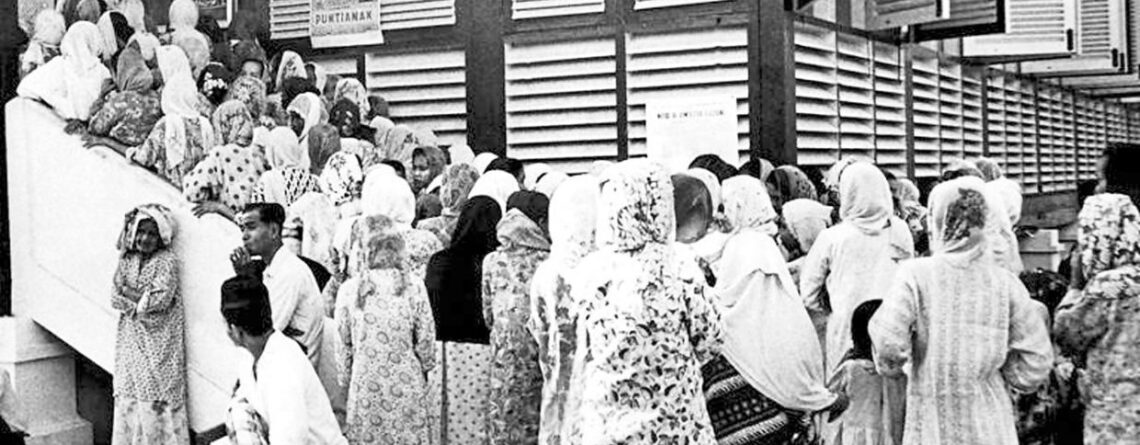


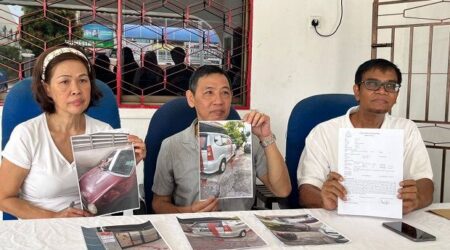
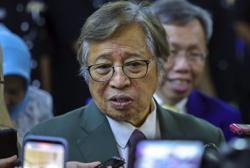
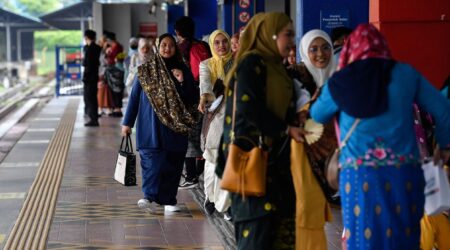

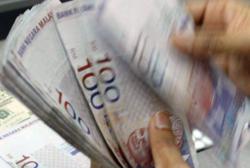



Leave a Reply